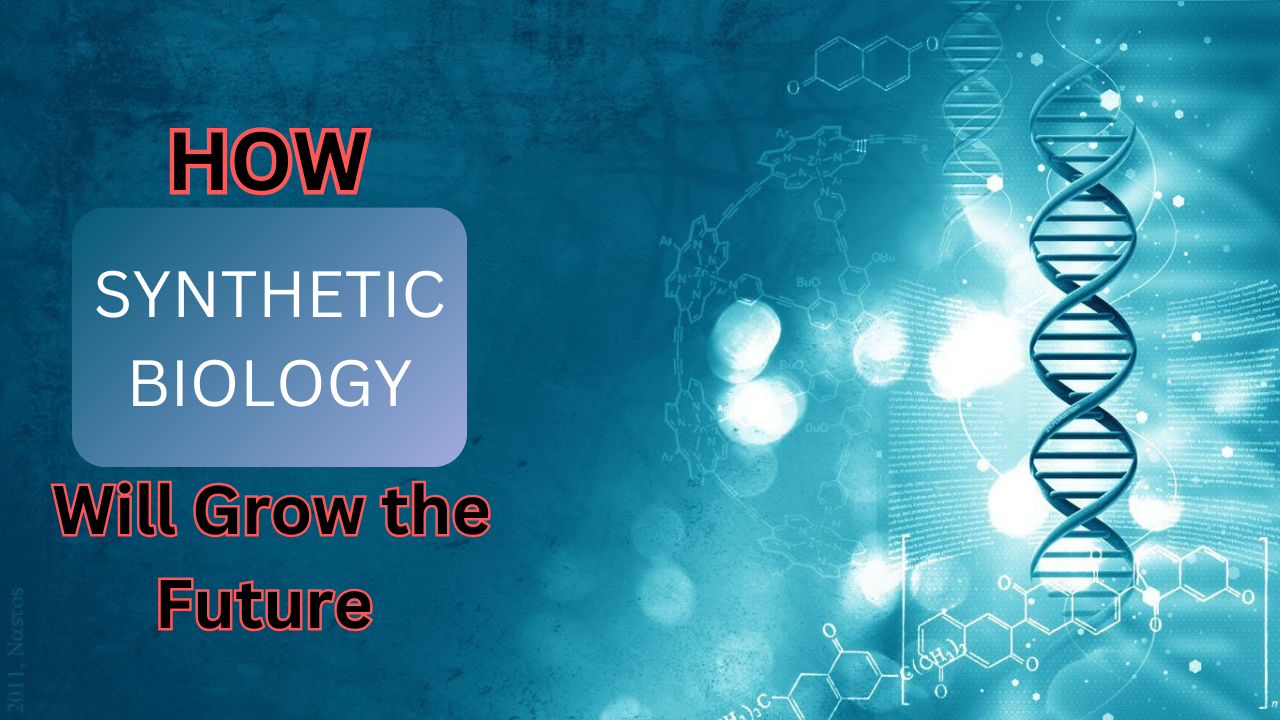By combining biology and engineering we can solve many diseases, hunger, and pollution problems. Imagine a future where we can build living organisms that will help to solve those problems. This is becoming thanks to synthetic biology. Synthetic biology is set to change fields like medicine, farming, and environmental protection. In this article, we will see how this amazing science will shape our future.
What is Synthetic Biology?
Synthetic biology is making custom organisms that can do specific jobs where scientists create new biological parts and systems or make use of existing parts to make them useful again.
Transforming Medicine:
1. Medicine Made for a Person:
By using synthetic biology we can make treatments for a patient just by using their genes. This means the medicine works Better and causes few side effects.
2. Advanced Therapies:
Synthetic biology helps create advanced treatments like gene editing. Tools like CRISPR can carefully change DNA, which might cure genetic disorders and diseases that we couldn’t treat before.
3. Quick Vaccine Creation:
With the help of synthetic biology, we can make and design vaccines much faster and without delays and errors. Synthetic biology was best used when the World was going through the COVID-19 Pandemic, allowing us to develop vaccines quicker than ever before.
Revolutionizing Farming:
1. Sustainable Farming:
We can grow crops that are better at fighting pests and diseases and can survive in tough conditions. These plants need fewer chemicals, which is better for the environment.
2. Better Nutrition:
With this method, scientists can make food with more nutrients that can help people more-healthier. For example, they can create plants with more vitamins and minerals, which can help fight malnutrition in poorer countries.
3. Lab-Grown Meat:
Synthetic biology helps us make lab-grown meats, which are made from animal cells. This method is more sustainable and healthier than the meat we every day, and it also helps reduce the environmental impact of raising animals.
Protecting the Environment:
1. Cleaning Up Pollution:
We can design organisms to break down pollution and toxic waste, making it easier to clean up contaminated areas.
2. Capturing Carbon:
With the help of Synthetic Biology, we can create those organisms that will help us fight climate change and hold onto the carbon dioxide from the air.
3. Saving Endangered Species:
By creating synthetic versions of endangered species or their traits, synthetic biology can help protect biodiversity and preserve ecosystems.
Boosting Industry:
1. Bio-Manufacturing:
Synthetic biology helps us to make chemicals and substances from plants instead of oil. These bio-based products are usually more sustainable and better for the environment.
2. Renewable Energy:
Engineered microorganisms can create biofuels, which are a renewable alternative to fossil fuels. Synthetic biology can make the process of making biofuels more environmentally friendly.
3. Reducing Waste:
With the help of synthetic biology, we can reduce our waste by creating organisms that turn our waste into valuable things. For example, engineered bacteria can transform agricultural waste into bio-plastics, reducing landfill use and pollution.
Thinking About Ethics and Safety:
Synthetic biology raises important ethical and safety concerns just like any new technology does. We need to think about issues like safety, environmental impact, and how it might be misused. Having clear rules is important to make sure that we develop synthetic biology that can help everyone in the World.
Conclusion: Embracing the Future of Synthetic Biology:
Synthetic biology can create a better future by designing custom organisms to tackle big challenges in medicine, farming, and environmental protection. As we explore its potential, it will help build a sustainable and innovative world. Embracing this technology can lead to solutions for our biggest problems and improve life for everyone.
